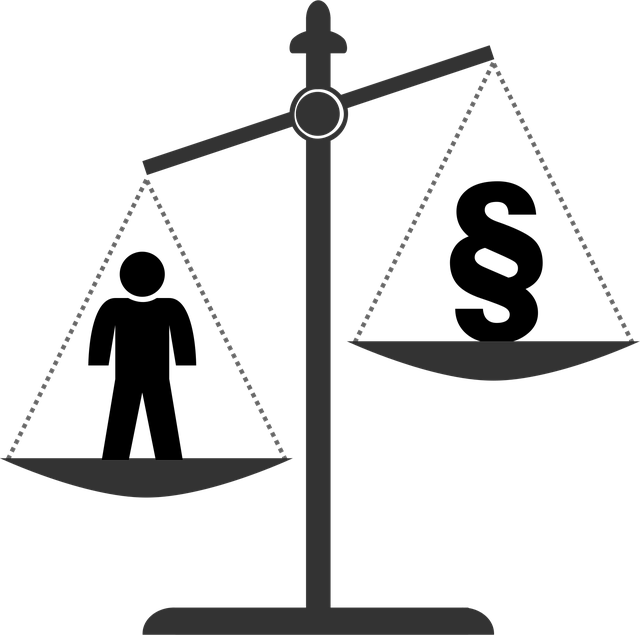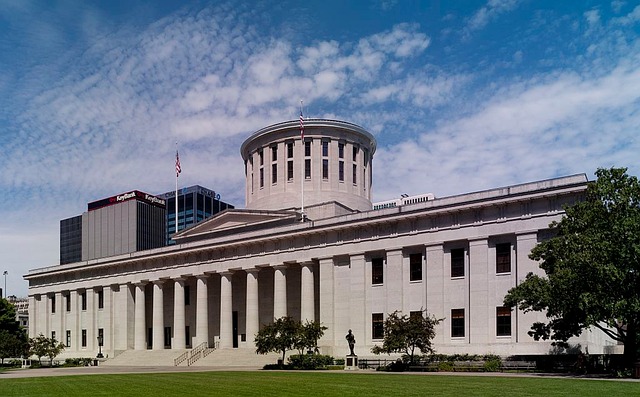Whistleblower Protection Laws safeguard individuals exposing illegal or unethical activities within organizations from retaliation, providing legal frameworks and rights. Navigating these protections involves understanding jurisdiction-specific laws, gathering evidence, drafting detailed legal complaints, filing at appropriate courts within deadlines, and engaging experienced legal counsel to follow structured steps in criminal procedure litigation. This process aims for favorable verdicts, community support, and dismissal of charges through robust legal representation.
Whistleblower protection lawsuits play a vital role in ensuring accountability and promoting transparency within organizations. These legal actions empower individuals who expose fraudulent or illegal activities to seek justice without fear of retaliation. Understanding whistleblower protection laws is crucial for those considering taking legal action. This article guides you through the process, offering a step-by-step approach to initiating legal action and navigating the complex steps in criminal procedure litigation.
- Understanding Whistleblower Protection Laws
- Initiating Legal Action: A Step-by-Step Guide
- Navigating Criminal Procedure in Protection Suits
Understanding Whistleblower Protection Laws
Whistleblower Protection Laws are designed to safeguard individuals who expose illegal or unethical activities within their organizations from retaliation. These laws provide a legal framework that supports the crucial role whistleblowers play in ensuring corporate and individual clients’ accountability. Understanding these protections is essential, especially for those navigating complex steps in criminal procedure litigation. By knowing their rights, whistleblowers can take confident steps to expose fraud or misconduct without fear of adverse consequences.
The process often involves several stages, from reporting the concern internally to engaging legal counsel. In many cases, the goal is to achieve a complete dismissal of all charges through robust legal representation. Whistleblower Protection Laws also offer avenues to avoid indictment and protect one’s reputation, ensuring that individuals can come forward without facing punitive measures. This legal safety net is vital in fostering an environment where ethical practices are encouraged and upheld.
Initiating Legal Action: A Step-by-Step Guide
Initiating legal action under whistleblower protection laws involves a structured process that mirrors the steps in criminal procedure litigation. Firstly, identify the relevant law within your respective business or industry, as different jurisdictions have distinct whistleblower protections. Next, gather compelling evidence to substantiate your claims; this includes documentation, communications, and any relevant witness statements.
Once armed with solid proof, carefully draft a legal complaint outlining the violations, damages incurred, and sought remedies. File this document at the appropriate court, ensuring compliance with filing deadlines and requirements. Throughout this process, engage experienced legal counsel to navigate the intricacies of whistleblower protection lawsuits, enhancing your chances of securing winning challenging defense verdicts and fostering support from both the philanthropic and political communities.
Navigating Criminal Procedure in Protection Suits
Navigating the complex landscape of whistleblower protection lawsuits requires a deep understanding of the steps in criminal procedure litigation. When an individual brings forward allegations against their former employer, they enter a legal process that demands meticulous attention to detail and strategic planning. The first step involves filing a complaint, which sets forth the claims and seeks relief from the court. This is where the whistleblower outlines the circumstances leading up to their disclosure of unethical or illegal activities within the organization.
As the lawsuit progresses, both parties engage in discovery processes, exchanging evidence, documents, and witness statements. This crucial phase allows the plaintiff’s general criminal defense team to gather facts, identify weaknesses in the case, and formulate a winning challenging defense strategy. The ultimate goal is to present a compelling argument that justifies the whistleblower’s actions and ensures their protection under relevant laws. With an unprecedented track record of success, experienced legal professionals can guide whistleblowers through this intricate process, maximizing their chances of securing favorable verdicts and upholding justice.
Whistleblower protection lawsuits are a critical mechanism for ensuring accountability and promoting transparency. By understanding the relevant laws, following a structured legal action process, and navigating the complexities of criminal procedure, individuals can effectively safeguard their rights and contribute to a more ethical and compliant organizational landscape. The steps outlined in this article provide a comprehensive guide for those considering initiating legal action under whistleblower protection laws, emphasizing the importance of each phase in the criminal procedure litigation.






